The courts must be honest, and oversight must be thorough to protect the vulnerable.
During a group discussion on the afternoon of October 21st, delegate Le Huu Tri, Deputy Head of the Standing Delegation of the National Assembly of Khanh Hoa Province, raised a thought-provoking issue: "Many cases are handled differently at the first instance, then at the appellate level, and even further down the line. Some people reach a dead end without finding justice."
According to him, in a country where the final court ruling still "fails to resolve the truth," that is something that needs to be rectified.
Representative Le Huu Tri stated that people are still hesitant to file lawsuits, especially in administrative cases.
"Previously, they feared litigation was time-consuming and costly, but now, even though the process has been streamlined, many people still don't believe that going to court can protect their rights."
"The reason is that the resolution process is still ambiguous and lacks transparency. This shows that people's trust in justice can only be restored when the judiciary is truly honest and equal before the law," Mr. Tri stated.
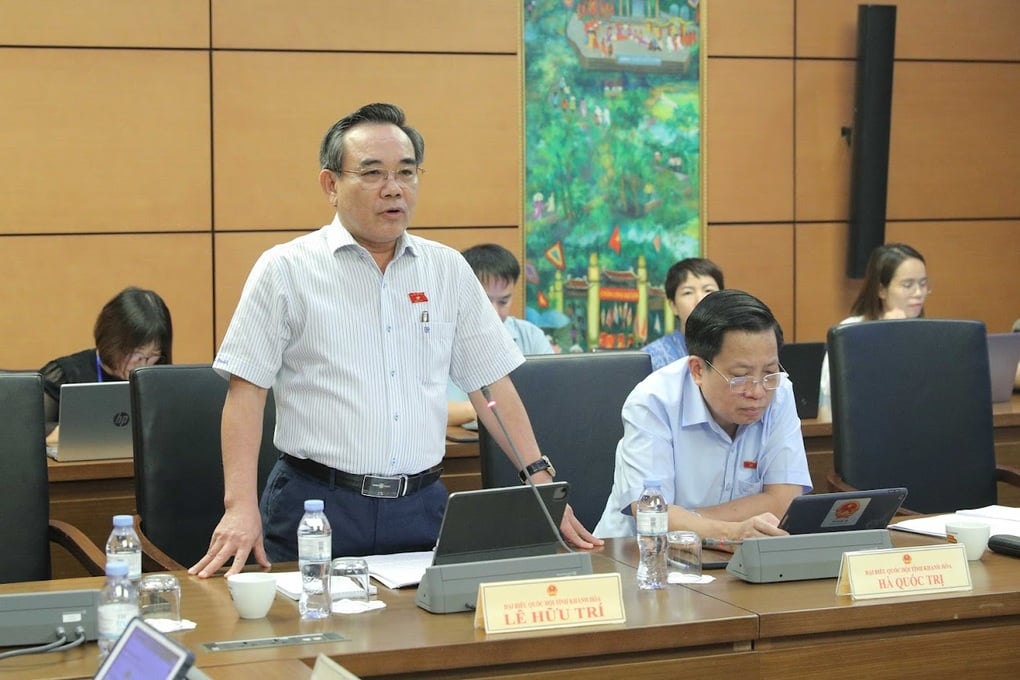
Representative Le Huu Tri, Deputy Head of the Standing Delegation of the National Assembly of Khanh Hoa Province (Photo: Ho Long).
According to Mr. Tri, the solution is to build a team of court and prosecutors who are honest, ethical in their work, and genuinely competent.
"The integrity, moral character, honesty, and absolute adherence to the law by those working in the legal system are prerequisites for the judicial system to regain the people's trust," he emphasized.
Regarding the National Assembly's oversight activities, he argued that they "have not been carried out adequately, lacking critical analysis and thorough investigation."
He cited examples: "There are cases that have dragged on for 30 years, across many terms of the National Assembly, with voters repeatedly petitioning but still receiving no resolution. When National Assembly representatives refer the matter to the relevant authorities, they receive the same repetitive answers and are unable to do anything else. In some cases, the National Assembly delegation had to petition the Central Inspection Committee to review the matter, and then the Government Inspectorate had to conduct a comprehensive investigation."
Based on that reality, he suggested that the National Assembly design a legal mechanism to ensure the enforceability of oversight recommendations, so that administrative agencies are responsible for implementing them.
"Only then will the supervisory role of the National Assembly be affirmed, and there will no longer be cases where people cry out for justice for 30 years without finding the truth," Mr. Tri emphasized.
The voices of the voters need to be heard to the very end.
Representative Hoang Quoc Khanh (Lai Chau delegation) emphasized that constitutional and legislative work is a central and continuous task of the National Assembly.
According to him, in order for this activity to be carried out effectively, the next term needs to focus on improving the quality of National Assembly deputies.
He proposed increasing the number of full-time delegates, especially at the local level, and re-electing those with practical experience so that they can take on their duties immediately at the start of the new term.
"The current legislative process goes from policy formulation to the concretization into laws, so representatives must have the capacity to analyze and evaluate policies," he said.
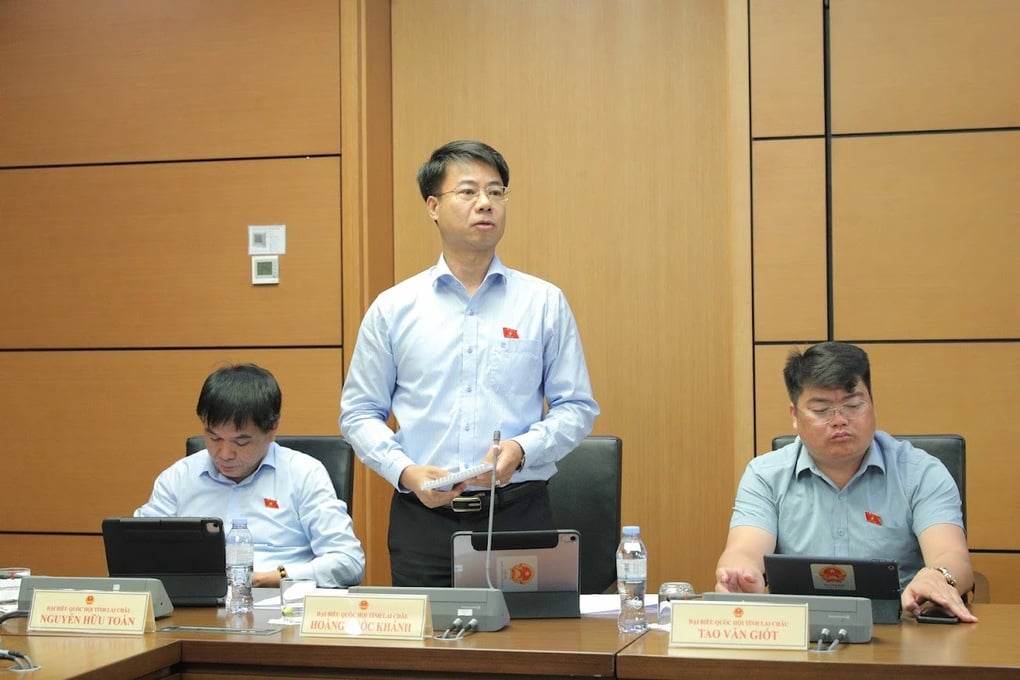
Mr. Hoang Quoc Khanh, National Assembly representative from Lai Chau province (Photo: Ho Long).
Regarding oversight, Mr. Khanh suggested that the National Assembly needs more radical reforms: "Currently, many oversight activities still stop at listening to reports and asking questions within limited time. We need to organize more specialized teams to go on field trips, so that reports can be more objective and accurate."
He also suggested improving the quality of reports on resolving voter petitions, because "each session receives thousands of petitions, but the reports only mention a few cases, failing to reflect everything."
He argued that, to remedy this situation, the National Assembly needs a specialized department or agency to classify, compile, and monitor voter petitions, instead of assigning them to a single point of contact as is currently the case. This department would help to filter and determine the level and nature of each petition so that the Committees and delegations of the National Assembly can conduct more in-depth oversight, down to the grassroots level.
According to Mr. Khanh, this not only helps to ensure that the voices of voters are heard more fully, but also makes the reports submitted to the National Assembly more realistic, comprehensive, and representative of the people's aspirations.
Delegate Khanh commented that the policy assessment has not been clarified, especially when the draft law is revised after discussion. He suggested that the Law on Promulgation of Legal Documents must supplement more specific provisions.
"Furthermore, coordination between the submitting agency and the reviewing agency needs to be improved right from the drafting stage to create initial consensus, making the legislative process smoother and of higher quality," he suggested.
Source: https://dantri.com.vn/thoi-su/nang-cao-vai-role-giam-sat-cua-quoc-hoi-de-khong-con-chuyen-keu-oan-30-nam-20251021171324826.htm






![[Photo] Closing Ceremony of the 10th Session of the 15th National Assembly](/_next/image?url=https%3A%2F%2Fvphoto.vietnam.vn%2Fthumb%2F1200x675%2Fvietnam%2Fresource%2FIMAGE%2F2025%2F12%2F11%2F1765448959967_image-1437-jpg.webp&w=3840&q=75)

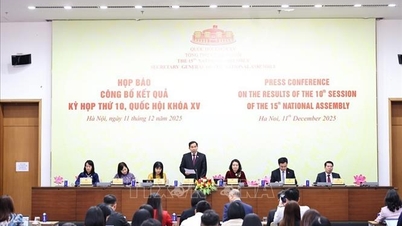


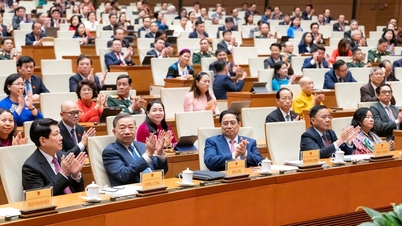


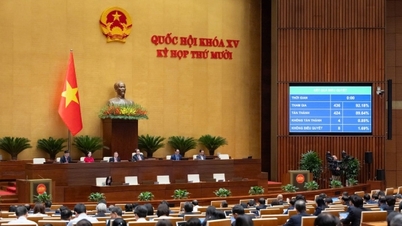

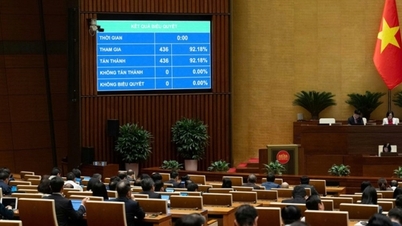

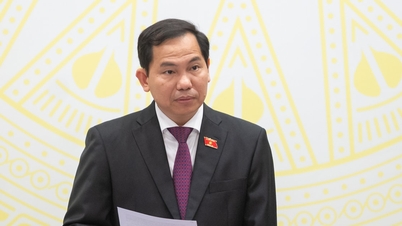





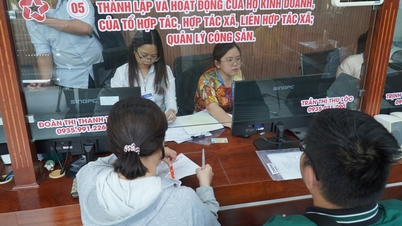
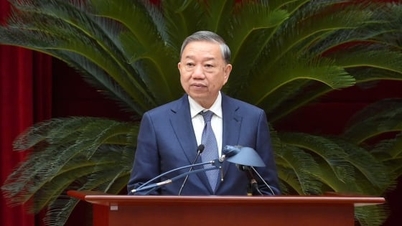





























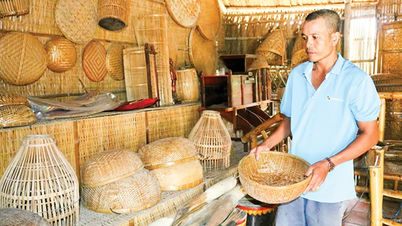



![[OFFICIAL] MISA GROUP ANNOUNCES ITS PIONEERING BRAND POSITIONING IN BUILDING AGENTIC AI FOR BUSINESSES, HOUSEHOLDS, AND THE GOVERNMENT](https://vphoto.vietnam.vn/thumb/402x226/vietnam/resource/IMAGE/2025/12/11/1765444754256_agentic-ai_postfb-scaled.png)


















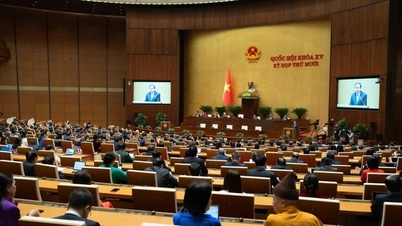



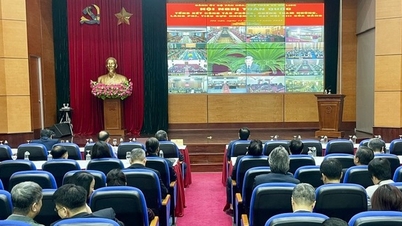





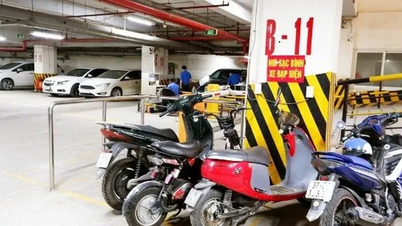
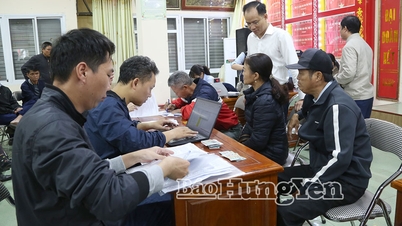

















Comment (0)